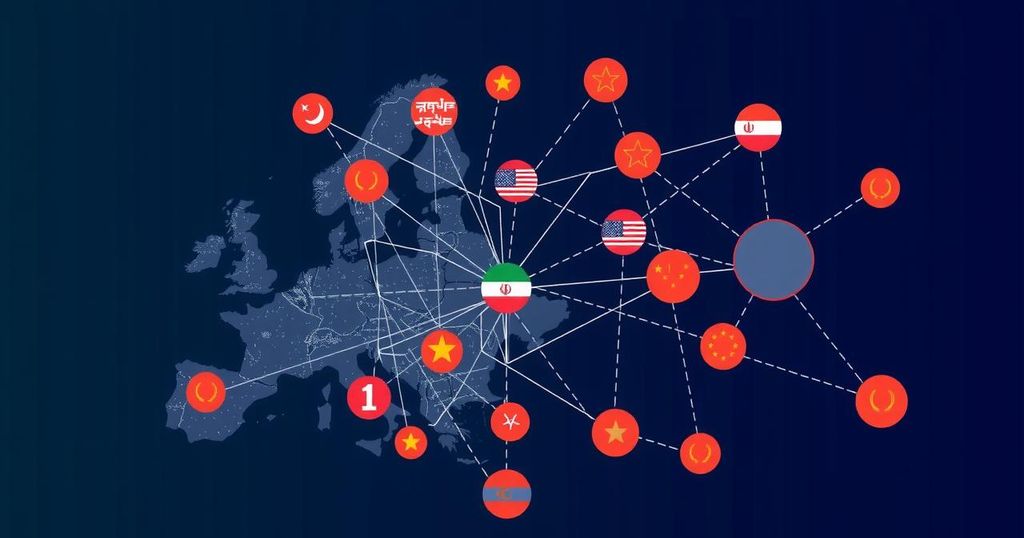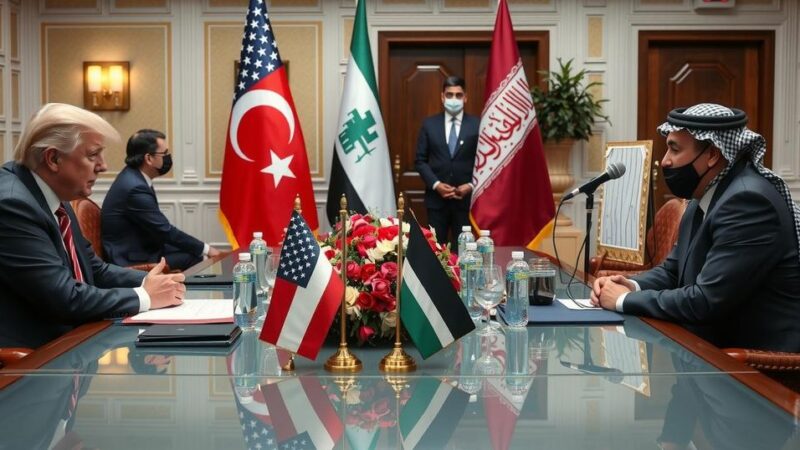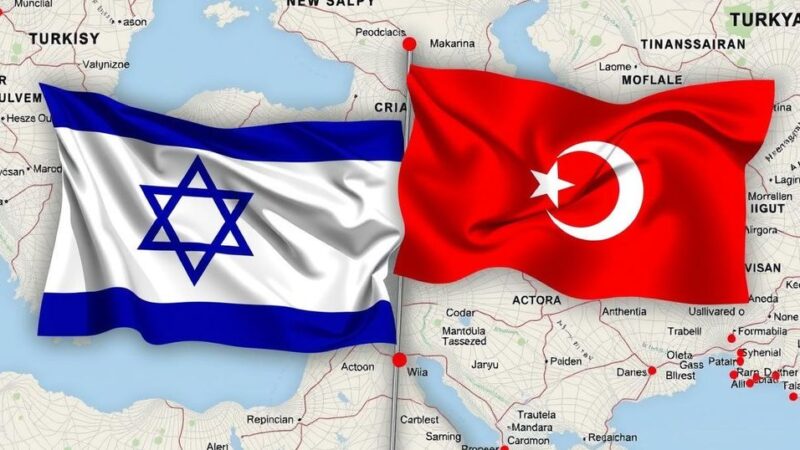Iran’s ambassador to Lebanon accuses certain European countries of involvement in deadly pager attacks in September, denying claims of military use. The explosions resulted in numerous casualties and widespread condemnation. Amani stated that the devices were not sourced from Iran and were linked to a broader military operation by Israel, while defending Hezbollah’s need for civilian communication tools.
The Iranian ambassador to Lebanon, Mojtaba Amani, has pointed fingers at certain European nations for their alleged involvement in the deadly pager attacks carried out in Lebanon in September, while refuting rumors that such devices were procured from Iran or utilized for military ends. Amani was among those injured when numerous pagers, specifically linked to Hezbollah members, detonated, killing at least 37 individuals and wounding over 3,000 others, leading to national distress across Lebanon. The attacks, which have been labeled war crimes, were acknowledged by Israeli Prime Minister Benjamin Netanyahu, who confirmed that the strikes were initiated under his orders. In his statements to Iran’s IRNA news agency, Amani alleged that several European countries played a role in this operation, highlighting that the pagers were tampered with during shipment and subsequently rigged with explosives, although he did not disclose specific countries involved. Amani clarified that the pagers in question were not sourced from Iran but originated in Taiwan. Taiwan’s authorities have since stated that their investigation found no evidence of involvement from Taiwanese entities in the crisis. However, Amani reinforced that Hezbollah sought these communication devices from selective countries and that such imports must adhere to Lebanese telecommunications regulations to minimize frequency interference. Despite claims of compliance, it has been reported that Hezbollah may have imported these pagers without the oversight of the Lebanese government. The unprecedented nature of the September attacks marked one of the deadliest incidents Lebanon had experienced, coinciding with increasing military tension as Israel commenced broader aerial assaults shortly after. Critics of Hezbollah have long branded the group as an extension of Iranian military influence, a connection that both Hezbollah and Iranian officials dispute. Amani defended the usage of pagers, asserting that the device was solely for civil alert purposes and dismissing allegations of military application as incorrect. He noted that such devices were commonplace among civilians, with usage extending to local businesses and educational institutions. He recounted the traumatic experience of the explosion that injured him, emphasizing the lack of an emergency alert system in Lebanon similar to that of Israel.
The attacks involving pagers in Lebanon have raised significant concerns amid escalating conflicts between Hezbollah and Israel. The perceived ties of European nations to these attacks, as alleged by Iranian officials, highlight the complex geopolitical dynamics at play in the region. This incident marks a pivotal moment, linking civilian technology to violent conflict and warranting critical investigations into the manufacturing and distribution of the devices involved. International reactions and local narratives surrounding these events have underscored the profound impact on Lebanese society.
In conclusion, the allegations made by Iran’s ambassador regarding European states’ involvement in the pager attacks in Lebanon denote a significant political and humanitarian issue within the ongoing Israel-Hezbollah tensions. The painful repercussions of these attacks have left a lasting scar on the Lebanese populace, indicating the urgent need for clarity and accountability in international arms and technology distribution. As investigations continue, the need to address the impacts on civil life in conflict zones remains paramount.
Original Source: www.newarab.com







